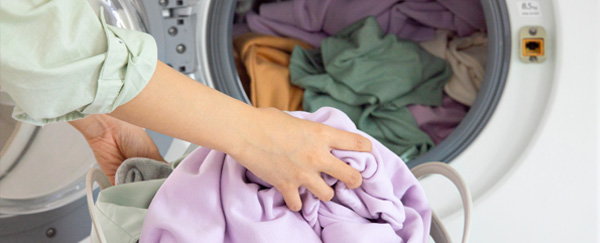Reducing energy use not only helps save money but also contributes to environmental sustainability. Here are some free or low-cost tips you can implement to reduce your energy consumption:
- Turn Off Lights When Not in Use
• Always switch off lights when leaving a room, even if you’re only going for a short time.
• Consider using natural daylight during the day instead of turning on lights.
- Unplug Devices When Not in Use
• Many electronic devices and chargers continue to draw power even when turned off. Unplug devices when they are not in use or use a power strip to disconnect multiple items at once effortlessly.
- Use Energy-Efficient Light Bulbs
• Replace incandescent bulbs with LED bulbs, which use less energy and last longer. Although this may require a small initial investment, it pays off in the long run.
- Adjust Thermostat Settings
• In Winter: Lower your thermostat by a few degrees (aim for 68 degrees when you're at home) and wear warm layers to stay comfortable.
• In Summer: Raise your thermostat by a few degrees (aim for 78 degrees when you're at home) and use fans to help circulate air.
- Seal Gaps and Insulate Windows
• Check windows and doors for drafts. Use weatherstripping or inexpensive foam tape to seal gaps and prevent heat or cool air from escaping.
• Consider using heavy curtains or blinds to keep heat in during winter and out during summer.
- Use Appliances Efficiently
• Washing Machine: Wash clothes in cold water whenever possible. This reduces the energy used to heat the water.
• Dishwasher: Run your dishwasher only when it's full and use the air-dry setting instead of the heat-dry setting.
• Cooking: Cover pots while cooking to retain heat and use the microwave or toaster oven for smaller meals to save energy.
- Wash Full Loads
• Always try to run your laundry and dishwasher with full loads to maximize efficiency. Washing partial loads wastes both water and energy.
- Use Fans Instead of Air Conditioning
• Ceiling fans or portable fans can effectively cool a room for significantly less energy than air conditioning. Ensure the fan blades are spinning in the correct direction for the season: clockwise in winter and counterclockwise in summer.
- Use Smart Power Strips
• Power strips with automatic on/off features can help reduce the energy consumed by idle electronics.
- Lower Your Water Heater Temperature
• Lower your water heater's thermostat to 120 degrees to save energy. This still provides adequate hot water for most household tasks.
- Air Dry Clothes When Possible
• Hang clothes to air dry whenever possible instead of using the dryer. This saves on both electricity and wear and tear on clothing.
- Use the Microwave or Slow Cooker
• Microwaves and slow cookers use far less energy than ovens. Use them when preparing meals to reduce energy use.
By incorporating these simple, cost-effective habits, you can lower your energy consumption without a significant financial investment. The best part is that many of these tips can become automatic habits, helping you save energy every day.


